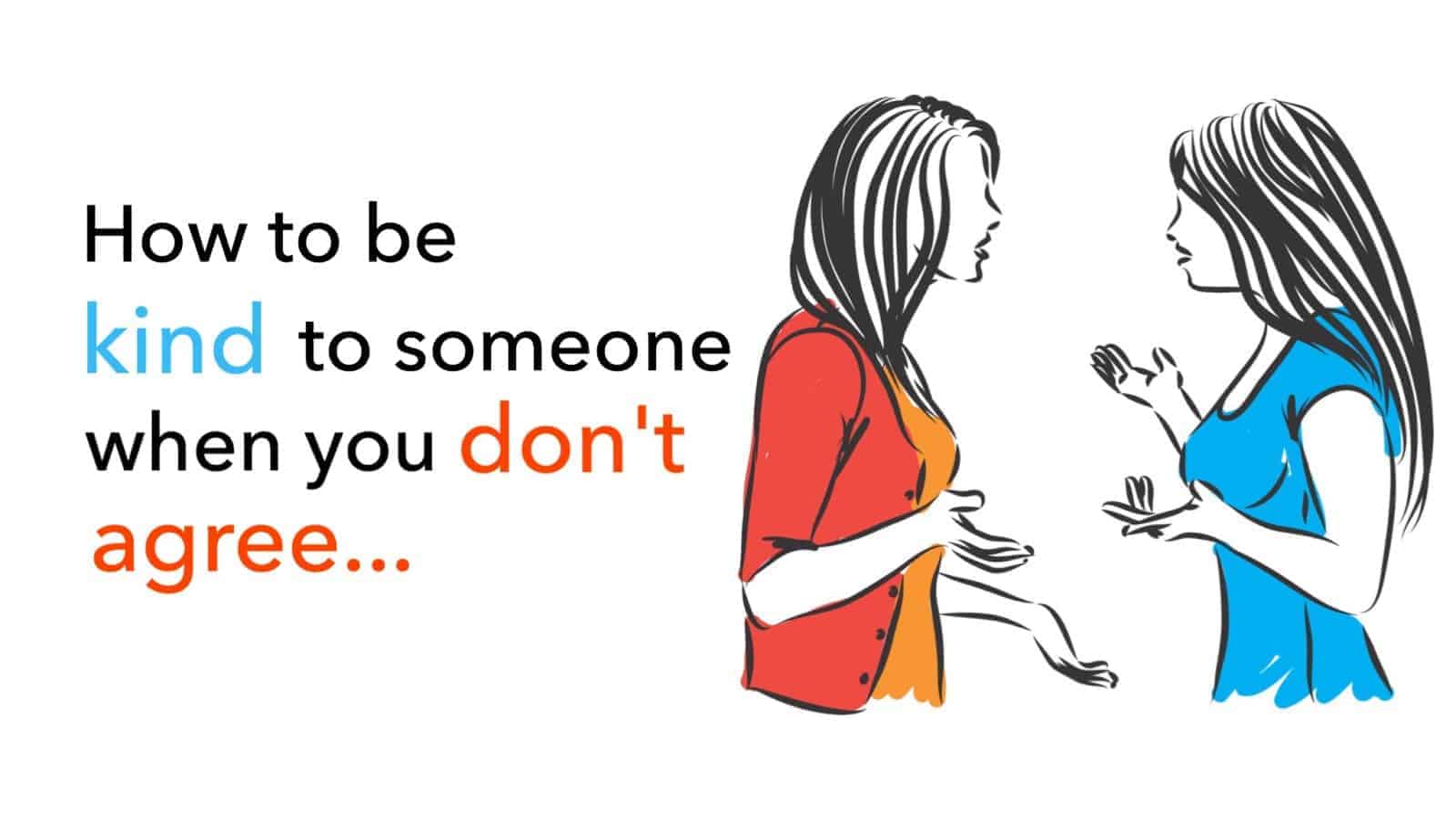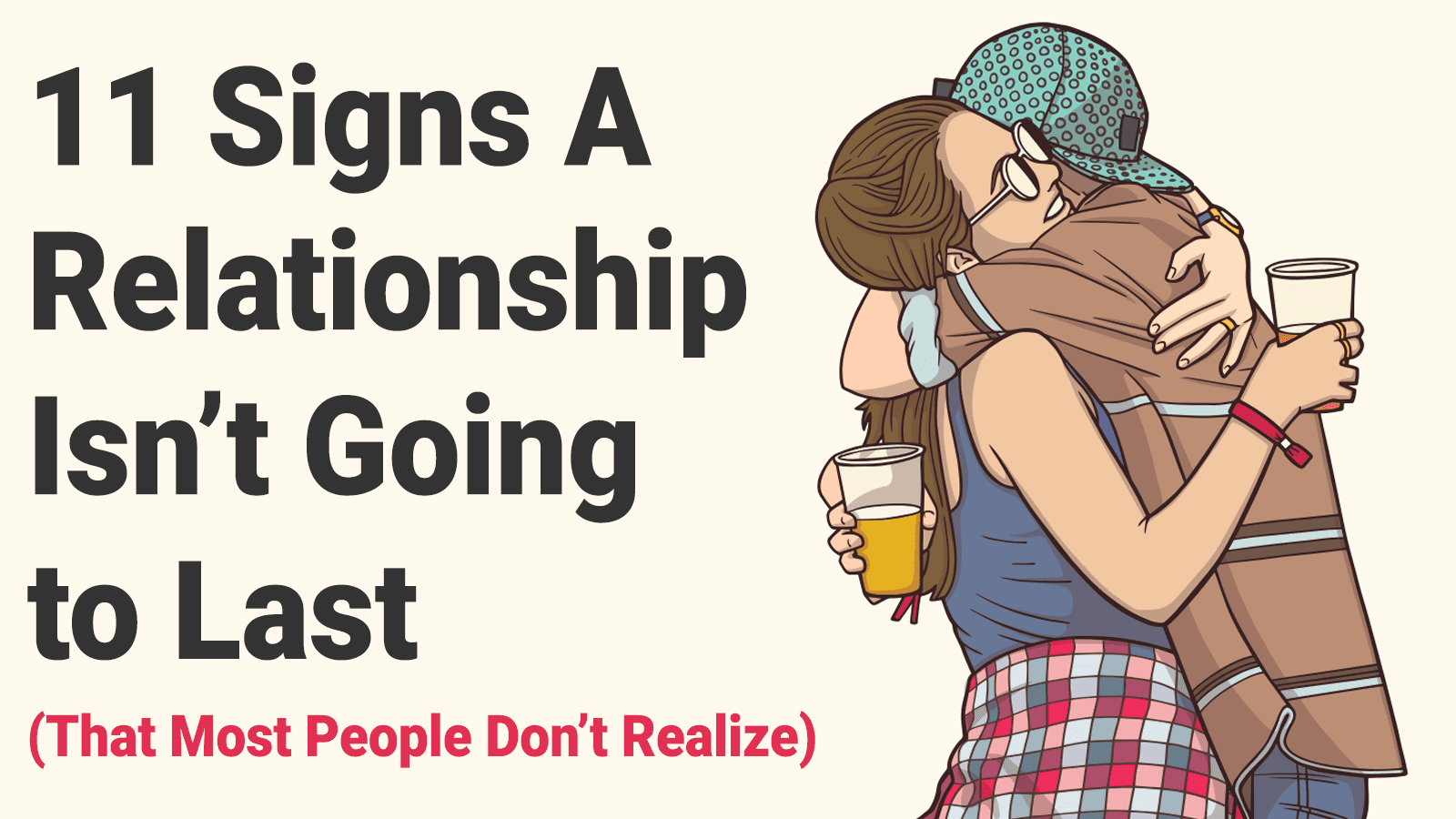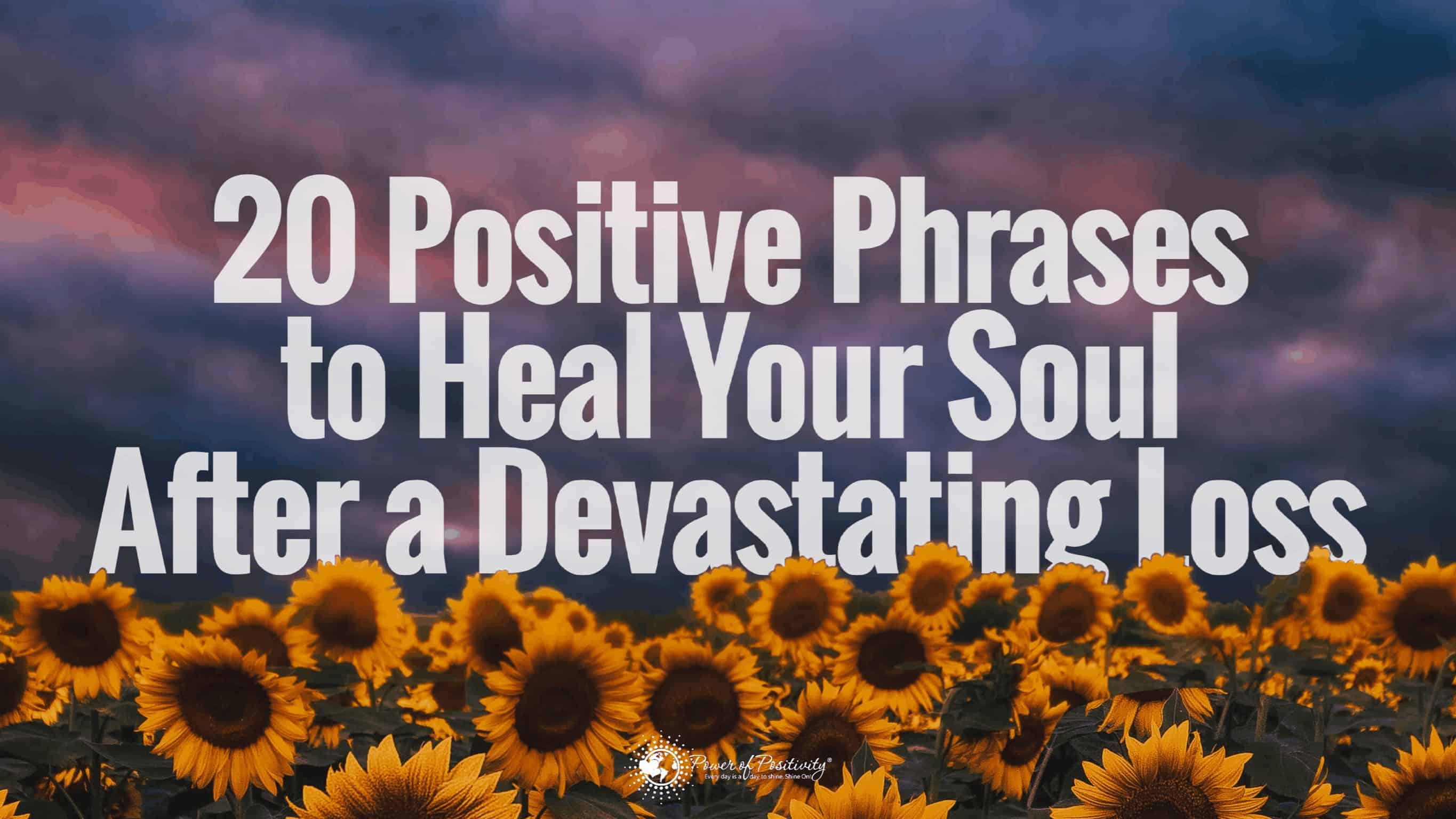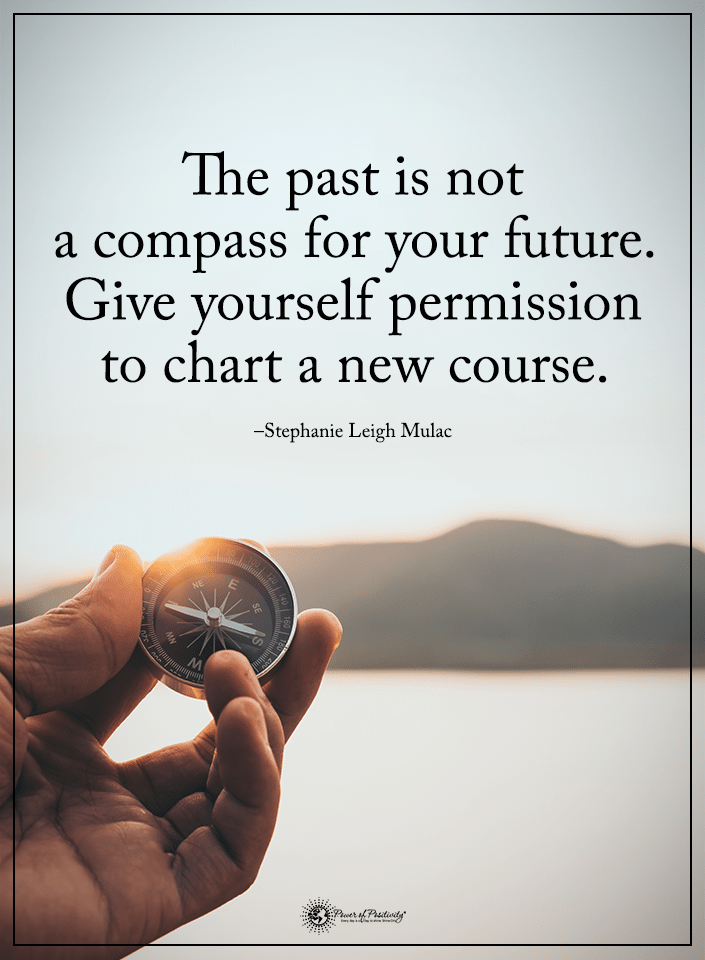You’re taking a 12-question biology test. You get 10 questions right and 2 questions wrong. You decide, “I’m stupid.” You tell a joke that your friends don’t quite get. You decide, “I always play the fool.” Your boyfriend breaks up with you. You decide, “I’m unlovable.” When we lack self acceptance we bully ourselves into a rigid pursuit of perfectionism.
We mercilessly judge, critique, and flog ourselves into an impossible quest that dooms us to failure, guarantees unhappiness, and even induces physical and mental health problems. According to Richard Holden’s book, “Happiness Now!”, “Happiness and self acceptance go hand in hand.”
Here are some suggestions for finding self acceptance:
LAUD YOUR STRENGTHS
Many people scrutinize perceived weaknesses and are dismissive of their strengths. The more we think about these shortcomings, the more ingrained they become, until they cast a long shadow over our merits. You can focus on your virtues and abilities by writing them down. If you’re struggling to write a list, simply write down one thing a day (and don’t criticize yourself for not writing more).
You can begin with something simple, such as, “I’m compassionate.” As the list grows, the old script withers. You’ll start recognizing your strengths, such as intelligence, creativity, problem solving, and leadership.
Reinforce your self-esteem by listing the challenges you’ve surmounted, the goals you’ve achieved and the lives you’ve touched. Keep adding to this list.
FORGIVE YOURSELF
It’s often easier to forgive others than to forgive ourselves. Past regrets can hobble our pursuit of self-love. Forgive yourself and move on. Learn from your mistake, use it as an opportunity for growth and remember that you can’t change the past. Remind yourself that you’re not that person anymore. If guilt bubbles up, tell yourself, “When I made this decision I didn’t know what I know now.”
SILENCE YOUR INNER CRITIC
Our brain is wired with a negativity bias, a type of radar that seeks out negativity in order to protect us. This early warning system served our prehistoric ancestors well when a predator was looming. Now, however, our brain vilifies minor things such as a misplaced set of keys, a bad haircut — triggering our inner critic to pounce on and magnify small infractions one hundredfold.
When the inner critic throws a tantrum, manipulating you to believe, “If I lose, I’m a failure,” it can help to repeat a calming, supportive mantra such as, “I’m only human and I’m doing the best I can with what I know right now.” The critic thrives on black and white statements. Take comfort in the fact that our errors and shortcomings can be positively regarded as chances for growth and acceptance of self.
FORGET ABOUT IMPRESSING OTHERS
We often fixate on finding acceptance by “looking good” to others, and beat ourselves up if their reaction is lukewarm or nonexistent. We seek their validation that we’re smart, accomplished, and lovable, and base our own assessments of ourselves on theirs. This also puts us in a miserable place of subjugation.
On your path to acceptance of yourself, know that if you cater to others and try to do so without falling or having missteps, your fear of mistakes will make you live so hesitantly that you’re not really living at all. What you can achieve has nothing to do with what others think is possible for you.
BE KIND TO YOURSELF
Many people refuse to allow themselves even a morsel of kindness because they believe that it is selfish, undeserved or a sign of weakness. Weakness, however, is part of being human. When you love yourself you discover acceptance of yourself. Accepting yourself germinates when you love yourself because of your flaws, not despite them.
CELEBRATE SMALL WINS
You don’t have to swim the English Channel, marry a rock star, or write a bestseller for your achievements to have meaning and value. What about the rose bushes you nurtured that finally burst into blossoms? Or your diligent couponing that slashed $30 off your last grocery bill? How about the first time your child tied his shoes?
When you acknowledge the small stuff, these achievements build upon each other to strengthen your sense of competence and confidence. In his book, “The Power of Habit,” Pulitzer Prize-winning journalist, Charles Duhigg says, “Research has shown that small wins have enormous power and influence disproportionate to the accomplishments of the victories themselves.”
We — not the outside world — can be our own worst enemies, sabotaging acceptance of ourselves with grueling self-judgment, criticism, and loathing. As a result, we don’t grow, and our world becomes smaller and smaller, constricting like a noose around our neck. Happily, this doesn’t seal your fate.
Self acceptance is your birthright, and these tips can help you achieve it.










